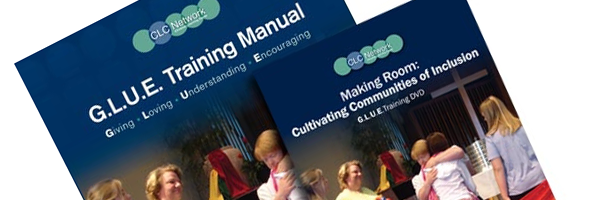Beyond Serving “The Least of These”
Matthew 25:31-46 may be one of the most controversial passages in all of scripture. Jesus says to his disciples, “When the Son of Man comes in his glory…he will separate the people one from another, as the shepherd separates the sheep from the goats” (Matt. 25:31-33 NIV).
To the sheep Jesus gives the kingdom inheritance prepared since the creation of the world, the goats he sends to the eternal fire prepared for the devil and his angels (Matt. 25: 34, 41). The people Jesus calls sheep are those who ministered to the “least of these brothers of mine”, the goats are those who “did not do for… the least of these” (Matt. 25:40, 45 NIV).
The focus of commentary on this passage is typically about the helper. But what about the helped who are referred to by scripture as the “least of these;” are they not also called to use the gifts God has given to them, to be co-workers with the helper (2 Cor. 6:1 NIV)?
“Please Let Me Help You Too”
Let’s explore a view of the “least of these” that pushes beyond the limits of the permanent roles of the “helper and helped” statuses that are perpetuated by most Christian and non-Christian ministerial efforts.
If there was ever a group that risks remaining in permanent “helped” status, it is persons with disabilities.
Yet regardless of the severity of any person’s disability, all human beings are created by God in “his own image” (Gen. 1:27 NIV). By the power of his Spirit, God has given all human beings the ability to connect at a spirit-to-spirit level, at a level that we humans struggle to describe, a level that is beautifully beyond the reach of our limited understanding.
Think for a moment about the last time you saw someone with significant developmental disabilities. Did it occur to you that he or she might just have a blessing for you, a blessing that God uniquely assigned to him or her just for you? That he or she might somehow want to say, “Please let me help you too.”
Daniel Changes Lives
Daniel was a young boy with significant disabilities. The Haitian government dropped him off at an orphanage in Haiti in the summer of 2013.
When Ted, a missionary with the Presbyterian Church of America (PCA) and his daughter found him, he was completely alone and left unfed and uncared for. His condition was so severe that Ted’s daughter became physically ill. Deeply moved by Daniel, Ted and his daughter arranged for him to receive the care that he so urgently needed.
Sadly, just two months later Daniel passed away after the Haitian authorities moved him to another orphanage. Ted tells me that during the brief time he and his daughter spent with Daniel, they developed a deep bond with this little boy, who was unable to speak with words, but who God mysteriously used to show them the extent of his love and grace.
What About You and Me?
As you reflect on The 5 Stages, I invite you to think with me about the limits we place on other human beings, especially those with significant physical and intellectual disabilities.
Sadly, even though I work at a ministry that serves children and adults with disabilities, when I see one of our students or adults I don’t often think, “How might God want to use him or her to teach me something, to bless me, to help me”?
I pray that writing this blog will help you AND me to become more aware of the astounding ways that God uses all people to bless others and to show his glory!
 Bob Marsh is the Vice President for Outreach and Advancement at Elim Christian Services, birthplace of The 5 Stages. Bob is married and has three adult children.
Bob Marsh is the Vice President for Outreach and Advancement at Elim Christian Services, birthplace of The 5 Stages. Bob is married and has three adult children.


